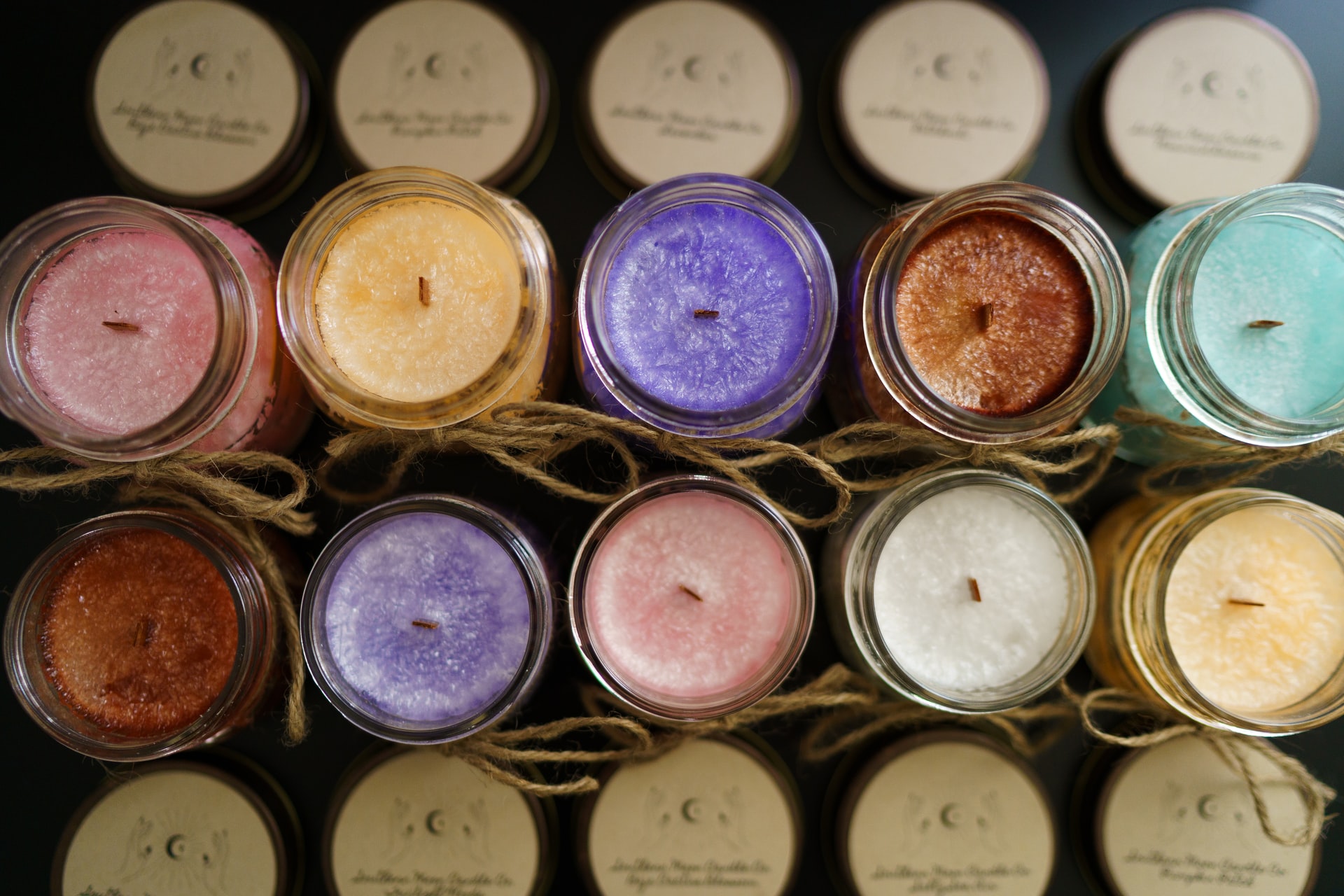
How to Avoid Wick Mushrooming in Candle Making Cargill NatureWax
Yes, candle mushrooming is normal and occurs as a result of carbon buildup when the flame consumes more wax than it can burn. It typically happens when the wick size is too big for the candle and may be an indication of this. This can be remedied by trimming the wick to the correct size before each use. This will help ensure that the flame is.

PREVENT CANDLE FIRES How To Prevent Candle Mushrooming and Candle
Mushrooming wicks are caused by carbon buildup on the end of the wick. This happens because the wick pulls up more wax than it can burn. This is due to the wrong wick being used when the candle was made or too many additives being used in the candle wax. However, some wicks can naturally mushroom.

Candle Mushrooming What It Is and How to Prevent It UP Candle Design
It's a common issue even with store-bought candles, although candlemakers certainly try to avoid mushrooming when they can. Candles burn when the following 3 factors work together: Fuel - Your wax and your wick. Heat - Your flame, of course. Oxygen - The air around your candle. With mushrooming, 'fuel' now includes extra carbon.
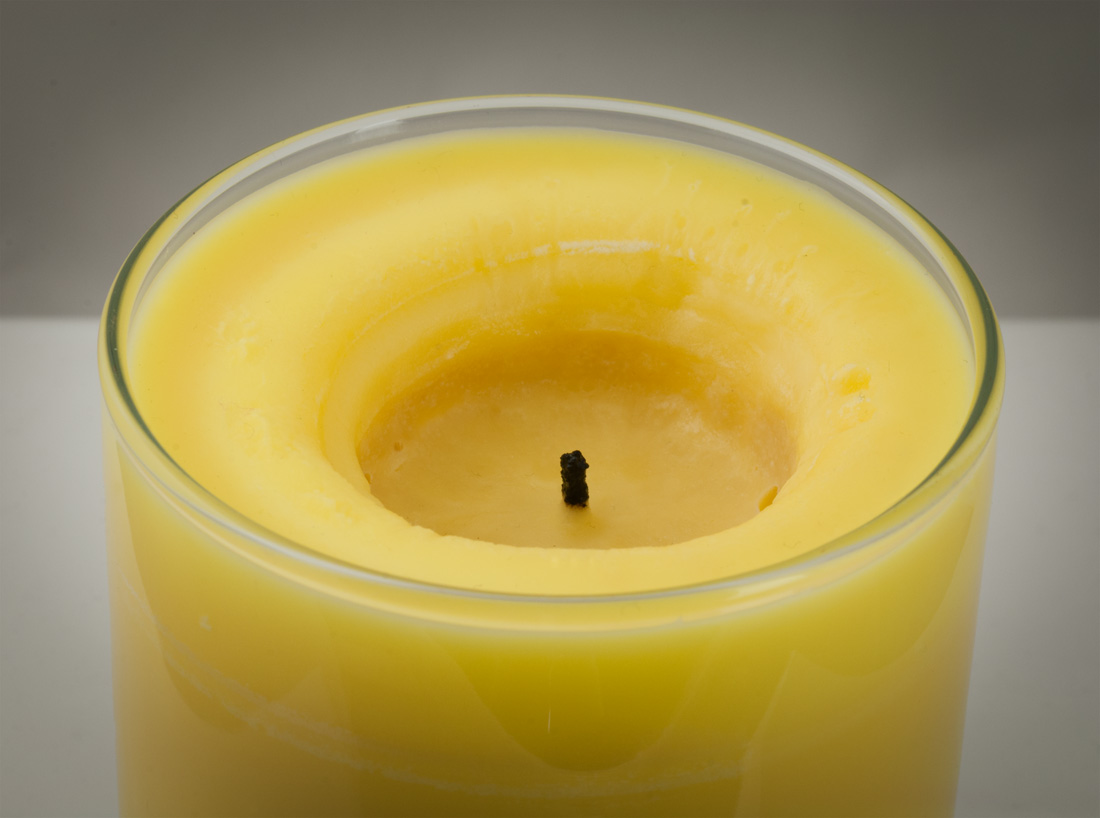
Caring for your Scented Candles Sierra Mountain Candle Co
Luckily if you have a wick that's mushrooming, the fix is pretty simple. All you need to do is trim the wick on your candle (when it's no longer burning). You can find a wick trimmer on Amazon for less than $10, if you don't already have one. Then, when you trim the wick, bend it slightly so it'll be in the proper place before lighting.

Candle Mushrooming What It Is and How to Prevent It UP Candle Design
How to slay a Rogue Carbon Ball: If the wick is sticking straight up and forming a large carbon ball, take a metal object and gently curve the tip of the wick into the side of the flame (where it burns hotter). Leave the wick in the gently curved position to prevent new carbon balls from forming. If the wick still forms carbon balls regardless.

WHY WICKS GET A BALL ON THE TIP CANDLE MUSHROOMING 101 YouTube
Mushrooming is a phenomenon that occurs when the wick of a candle burns too hot, causing a build-up of carbon on the wick that creates a small, mushroom-shaped protrusion. While some people might find mushrooming aesthetically pleasing, it can be a sign of an issue with the candle's burning conditions. One of the main causes of mushrooming is a.

Spiritual Meaning of Candle Wick Mushrooming (Curling) Spiritual Details
If you've ever had a candle with a black cap on the end or what appears to be a mushroom cap, it's an indication that your candle wick is mushrooming. If the wick grows too large, relighting the candle might be difficult. In essence, there is an imbalance in the amount of wax and wick.

Candle Mushrooming What It Is and How to Prevent It UP Candle Design
To fix a mushroom wick, trim the black "cap" off and bend or "curl" the tip of the wick. Using the correct wick, wax, and fragrances when creating a candle is vital to prevent mushrooming in the future. The overabundance of the wax on the wick causes the incombustible material to build up creating a black "cap" or mushroom on the wick.

Wild Mushroom Candle — SAUDADE Candles, Aesthetic candles, Funky candles
Fuel, provided by vaporized wax and a little bit of the cotton/wooden wick. When all three elements work together perfectly, the combustion process completes successfully. Think of it like cleaning your entire plate of food at a restaurant. When carbon forms, and mushrooms appear, this means your combustion process didn't complete!
.jpg)
Candle Q & A Black Sheep Potions
Here are a couple of reasons to explain the occurrence of a carbon buildup. The size of the wick. The primary cause of your candle wick mushrooming is its unsuitable size as compared to the candle as a whole. This can occur when the wick is either too big or too small for the candle, but if you are a candle enthusiast, you must already be aware.
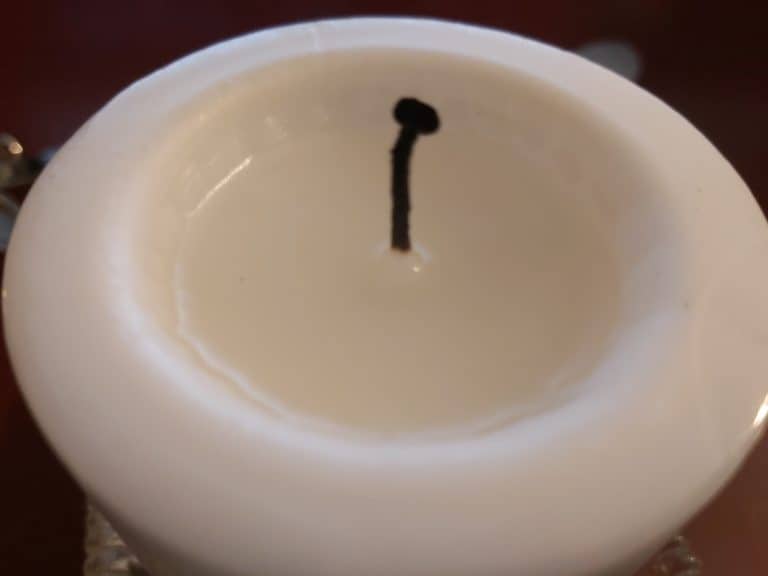
What Causes A Mushrooming Candle Wick and How Do You Fix It Candleers
Candle wicks can mushroom due to the following: Wick size. Wick Type. Fragrance Oil. Wax additives. Excessive burn time. Trim the wick before lighting the candle to avoid additional problems arising from excess carbon buildup. If mushrooming occurs consistently within the first 1-2 hours of burning the candle, then it's time to address the.
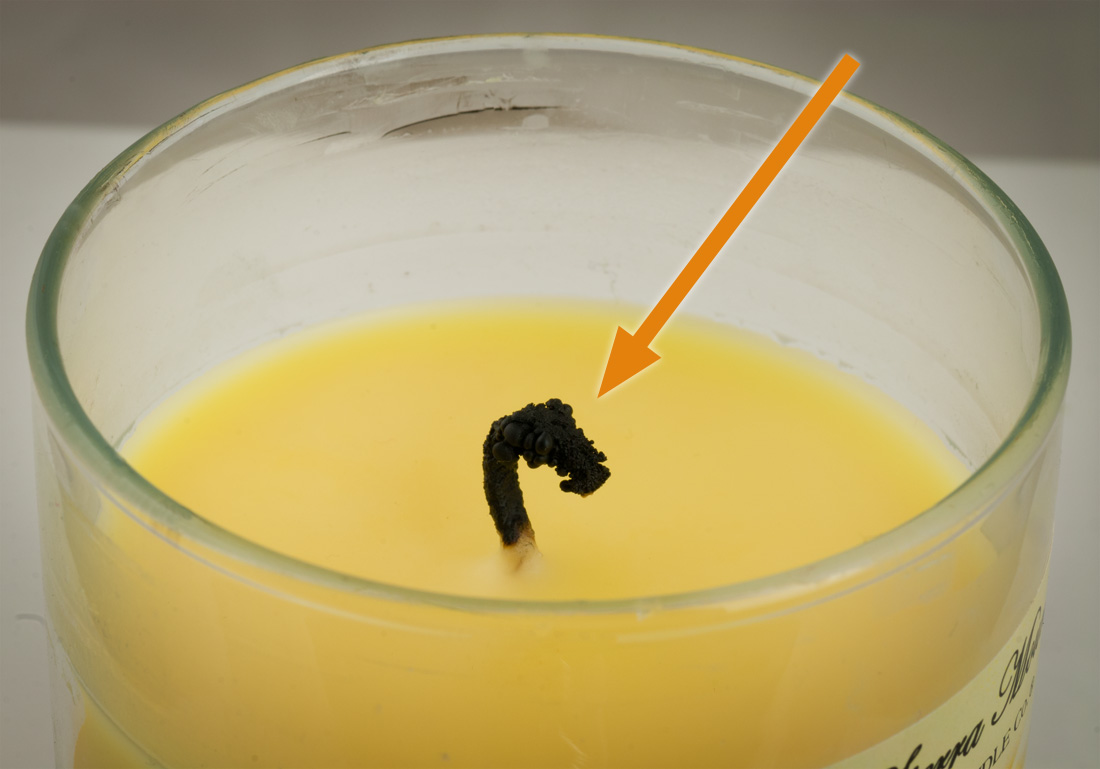
Caring for your Scented Candles Sierra Mountain Candle Co
Trimming the wick to a quarter of an inch before each use helps maintain a controlled flame size, minimizing the likelihood of carbon buildup. Regularly removing any carbon deposits from the wick and the candle's surface can also prevent mushrooming and maintain a clean burn. In conclusion, the mushrooming phenomenon in candles arises due to.
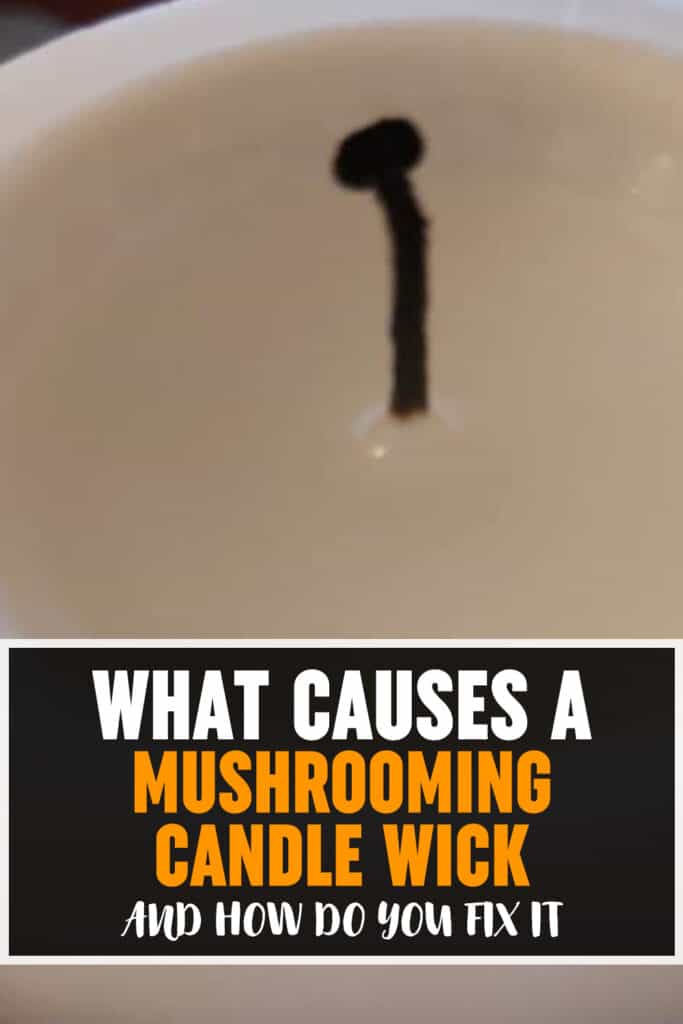
What Causes A Mushrooming Candle Wick and How Do You Fix It Candleers
Hacks to stop candles mushrooming. 1. Choose the right size wick. If a wick is too large for a candle, it will cause more wax to soak up the wick. The candle won't be able to burn away the wax as quickly as it's being replenished and so it will only burn partially. It's this build-up that causes the mushrooming.
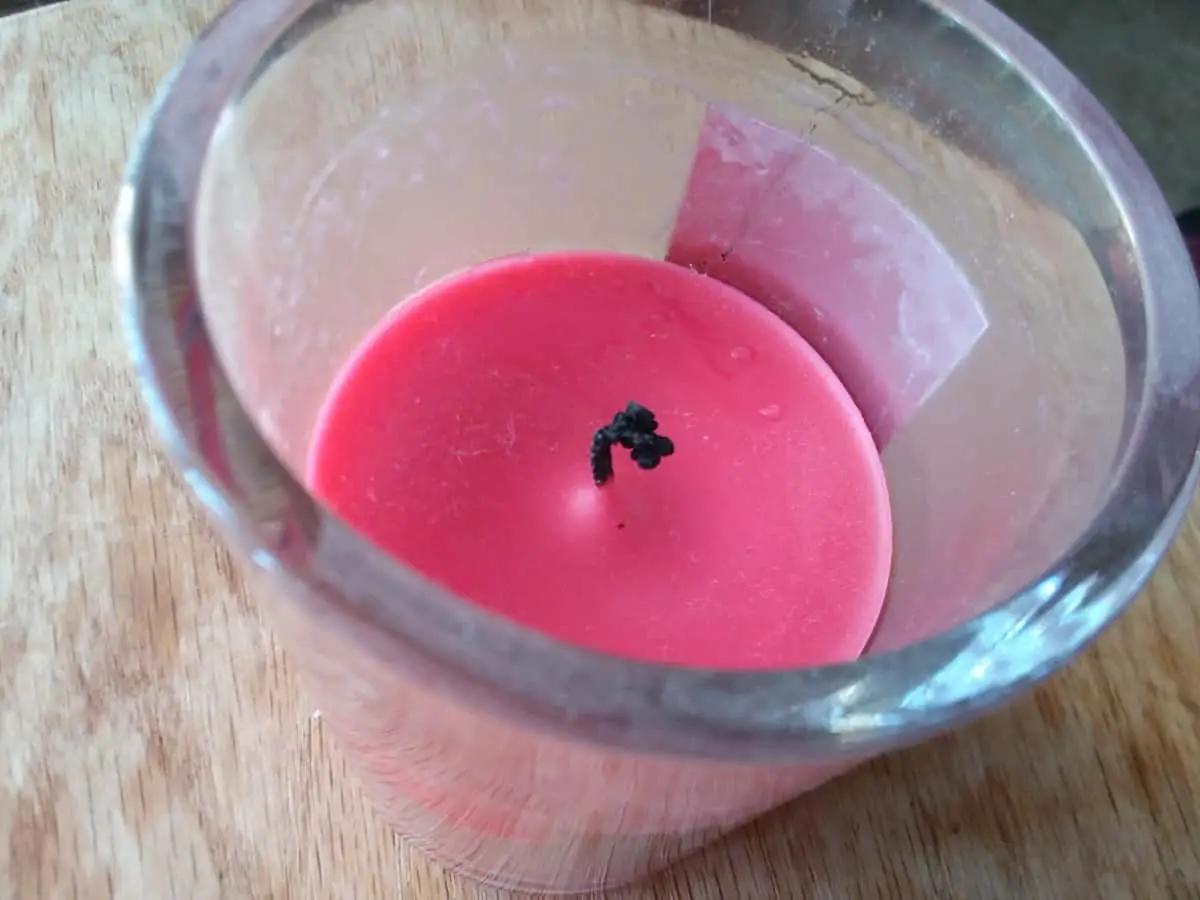
A Mushrooming Wick What Is It and How To Fix/Prevent It Blaizen Candles
In today's video we talk about why candles get a ball on the tip aka mushrooming. What is mushrooming and how you can prevent your candle from mushrooming!fo.
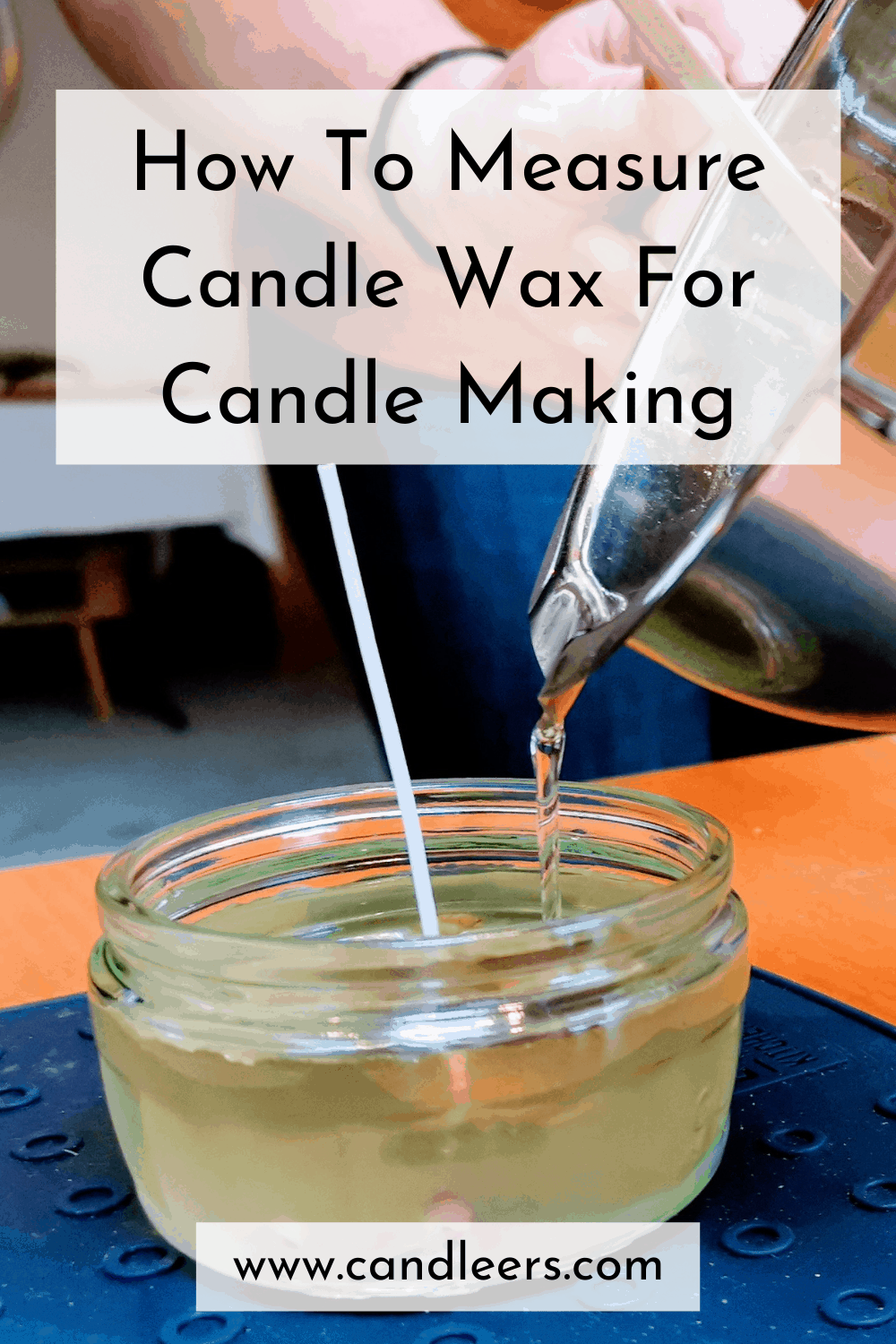
What Causes A Mushrooming Candle Wick and How Do You Fix It Candleers
A quick look at candle maintenance. one can help a candle burn more cleanly and efficiently by trimming off the carbon bulb or "mushroom" off the top of the.

Candle Mushrooming What It Is and How to Prevent It UP Candle Design
If you love candles, then you know that they don't all burn perfectly. In fact, there are a range of problems that can occur, particularly if you use cheap and badly-made candles. One of these is wick mushrooming. This phenomenon occurs when the wax of the candle does not burn fast enough to keep up with the wick. The wax starts to melt into the wick itself, causing a build-up of carbon on the.